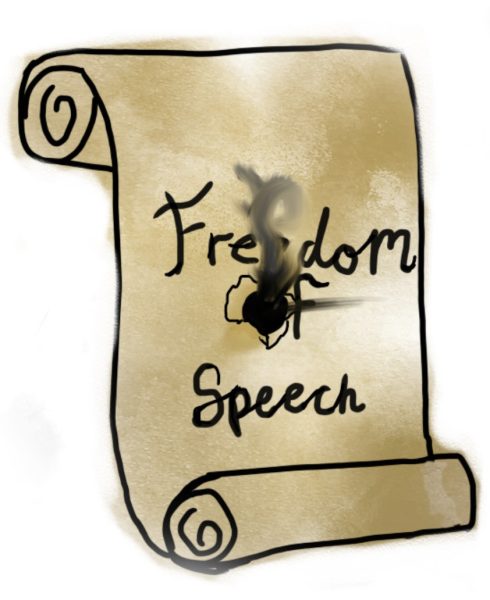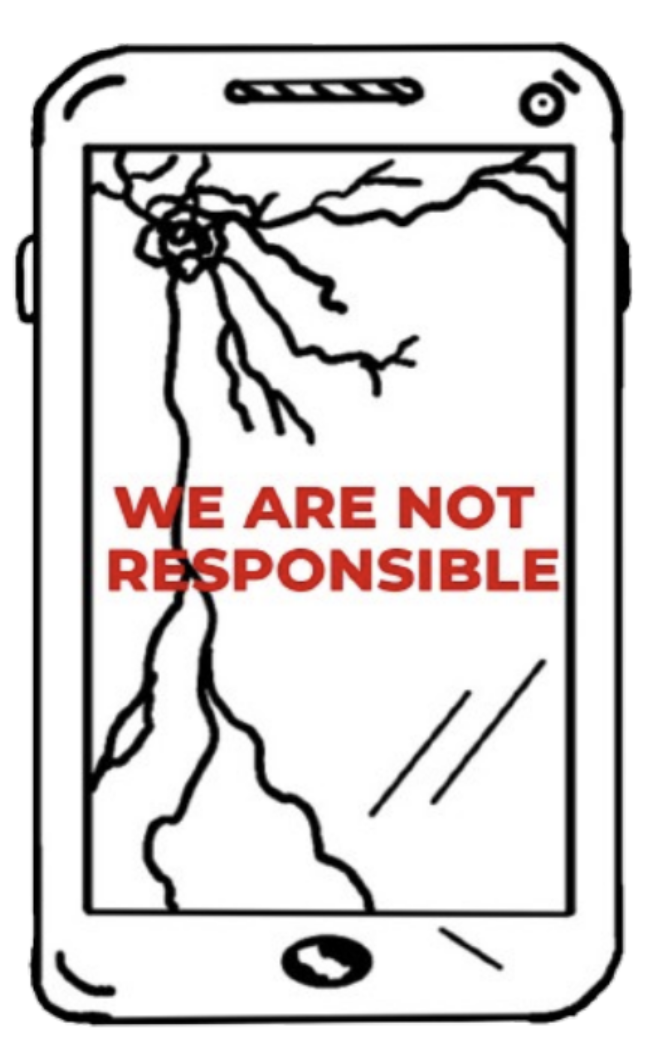June 14 Minnesota House Speaker Melissa Hortman and her husband were the target of a politically motivated assassination in their own home. Just months later, conservative activist Charlie Kirk was fatally shot during a Utah Valley University event in his “American Comeback” tour.

A handful of students in Utah are too distraught to leave their dorms in fear of reliving the terror they witnessed. They have become victims of the intense polarization that has developed in the U.S., where violence has taken the place of dialogue.
Both tragedies are not isolated. The rise of political violence has set a relentless cycle of instilled fear.
When people are unwilling to express their opinions, fearing it may trigger violence, the power of censorship becomes inflated. Violence functions as a chilling force, silencing any form of dissent in the political world. Instead of progressing towards a society where diverse dialogue is valued, we are moving in the opposite direction. Bullets are beginning to do what overturned laws once did.
This issue isn’t abstract. We have witnessed censorship impose limitations on journalists worldwide. We have seen authoritarian regimes use fear as a tool of leadership and power. Host of the late-night talk show, Jimmy Kimmel, addressed the direct blame placed by MAGA supporters on liberals over the death of Charlie Kirk. Kimmel’s transparency prompted backlash, which initiated his suspension by ABC for six days.
If the adults who are supposed to uplift our voices remain silent, the question becomes: what will students do when it is their turn to speak? We are suffering the aftermath of blatant censorship hidden by the disguise of “self-censorship.” Truly, this is no longer an issue of shame or discomfort; it is fear of injury or even death. Students should be able to navigate today’s political climate and envision a future where disagreement is safe and respected. Instead, fear has become a curriculum in its own way.
Collectively, we believe in fostering dialogue that addresses uncomfortable conversations. As a staff, we refuse to accept silence as the status quo. Our commitment is to speak, to question, and to uphold the principles of the First Amendment without the threat of violence. Only then can we replace fear with freedom, and bullets with voices.





